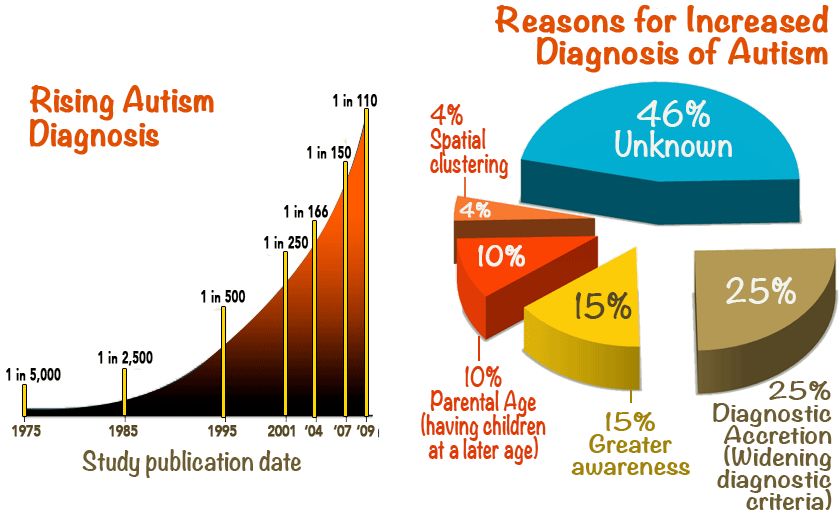The rebellion is still there. It can be extreme. Without the damage done by Autism, the controllers would have millions more to contend with. 1 in 59 boys on the spectrum now from what I gather. So it seems like the number of non-Autistic obedient sheep goes up at the same rate. From the following article to go along with my posts above: “Defiance in an autistic child is virtually a given.”
Samm
Defiant Behavior in Autistic Children
By Damon Verial ; Updated September 26, 2017
Autistic children engage in rituals for themselves, not to spite their parents.
Defiance in an autistic child is virtually a given. Autistic children, lacking the social and communication skills that most people use to solve problems, often spontaneously respond negatively to small conflicts. Because of the difficulty of understanding the reasons for every action in which an autistic child engages, sometimes parents make the mistake of thinking their child is deliberately being defiant. By observing the specific details of your child’s misbehavior, you will often come to the root cause of the defiance.
Defiance as Lack of Social Skills
Autistic children tend to be on a lower level in terms of social skills. In interacting with an autistic child, you will often find him to be unresponsive to you and your actions. Autistic children are inflexible in their social interactions. Sometimes it seems as if their defiant behaviors are planned, but this is not always the case. For many parents, this can be a hard concept to grasp. In many cases, what a parent sees as defiance in her autistic child is actually a lack of social skills, an ignorance of the needs and wishes of the parent. For example, an autistic child might have a habitual way of speaking. This speech style might be rude in certain situations, such as by being too direct. The child might not be deliberately trying to provoke a conflict, though he might end up doing so due to his lack of ability to adapt his speech style to the situation.
Defiance as Communication Breakdown
Defiance might come in the form of a communication breakdown between parent and child, often due to poor communication skills in the child. According to Mohammad Ghaziuddin, child psychologist and author of the book “Mental Health Aspects of Autism and Asperger Syndrome,” this is a common form of parent-child conflict in families with an autistic children. Ghaziuddin also points out that over 25 percent of all autistic children lack the ability to express themselves through meaningful communication. Thus, when communicating with their parents, autistic children are often prone to using more physical methods of communication, such as pulling, pushing or even hitting. In this way, a difference of opinions between parent and autistic child is not always a simple conversation but can escalate into inappropriate behavior on the autistic child’s side. This defiance is true defiance, but it stems from a lack of expressive ability.
Defiance as Insistence
One idiosyncrasy of the autistic child is her propensity to have rituals for nearly everything. Autistic children are often fixated on doing certain things in a single, specific way. Deviation from that way can lead to tantrums or other defiant behaviors. When a parent interferes with an autistic child’s ritual, that stubborn part of the autism can easily show its face, emerging as rebellious behavior.



